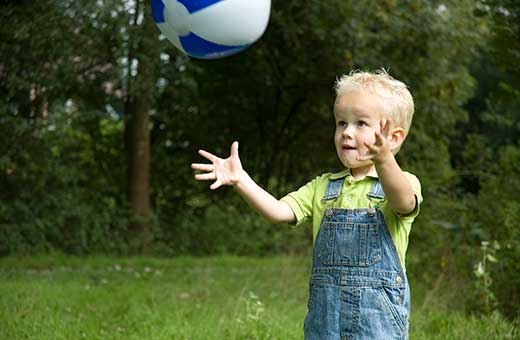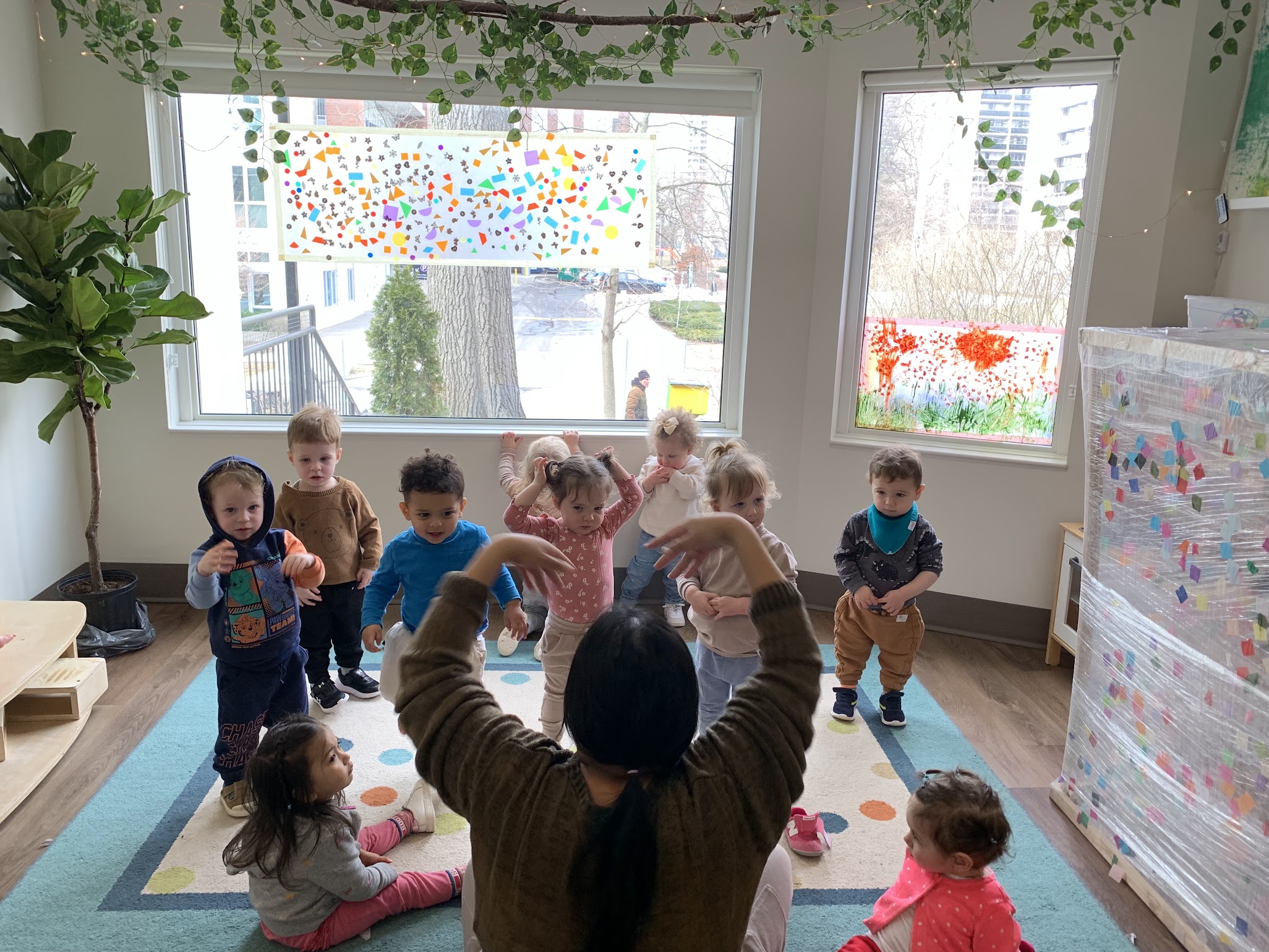
Meet our Great Educators
Our team of educators are chosen from among the best and brightest R.ECE and ECA accredited practitioners who work hard to create an ideal learning environment for your child. They are sensitive, imaginative, curious, great listeners, supportive, open-minded and creative problem-solvers. Our educators’ experience in early learning, coupled with their commitment to our families, has helped to build our amazing culture.
We often exceed the Ministry of Education requirements for educator-child ratios, providing the attention the children need while developing strong social-emotional-learning skills. We achieve this through the support of our in-house Atelierista (Artist-in-Residence) and Pedagogista (Educational Lead), who support the program and deepen the learning. We also have dedicated float staff to ensure that your child has a familiar face, when their regular educators are absent. As well, we have an Executive Director and Onsite Supervisors to oversee all facets of our centre.
This team gets to know your child and helps extend their learning, while providing resources and professional development to the educators. This team effort is a key differentiator within our program.
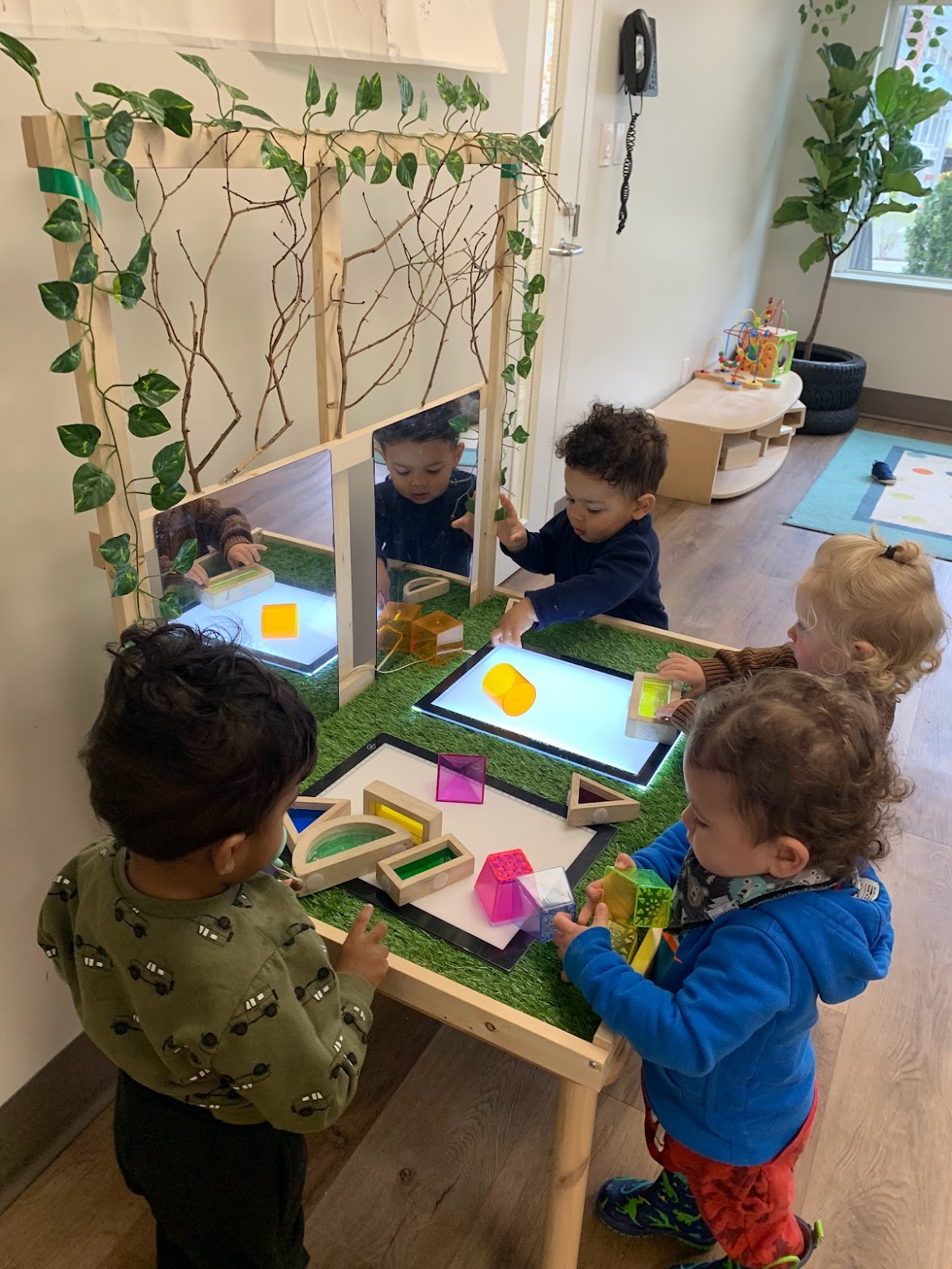
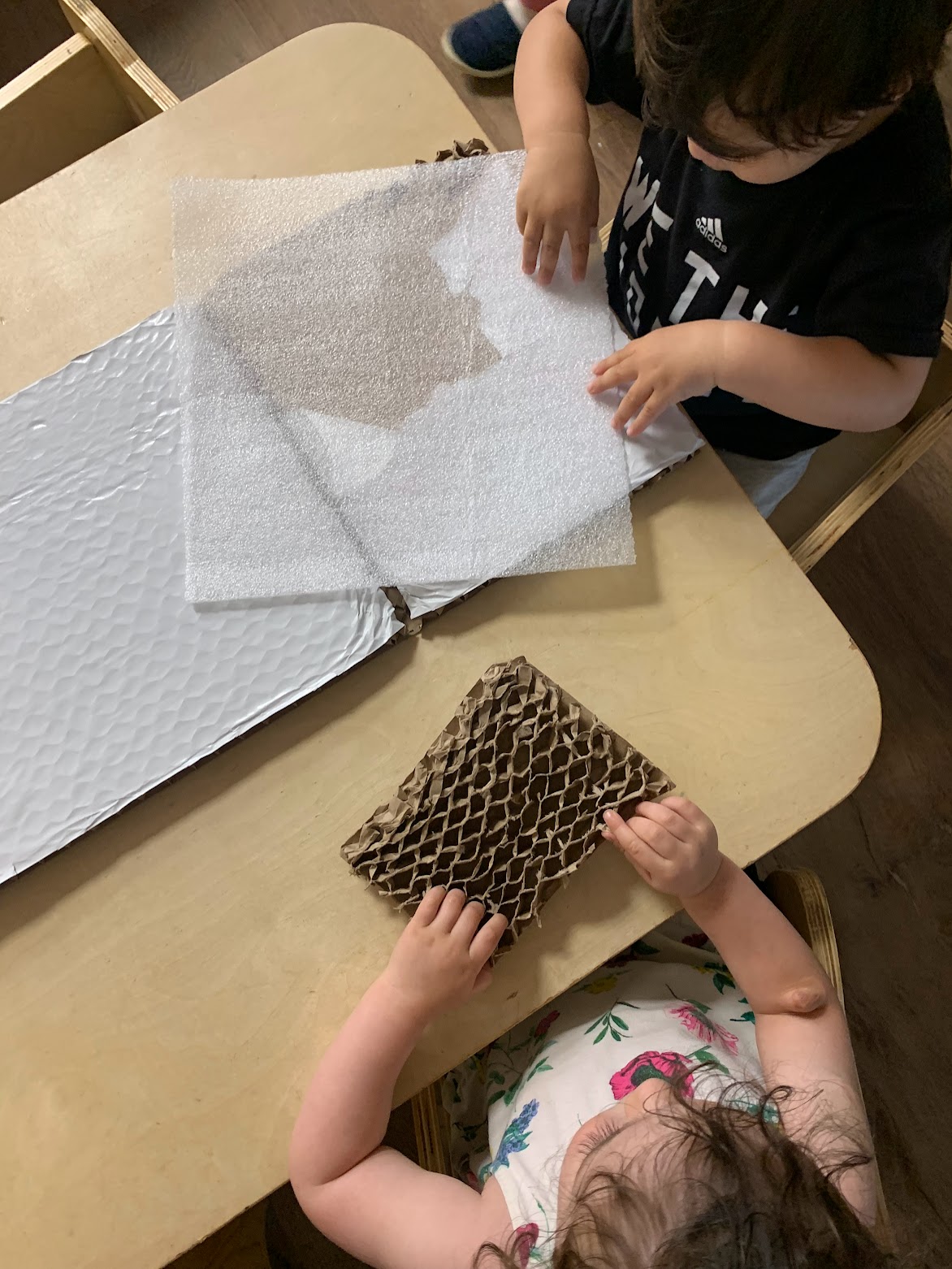
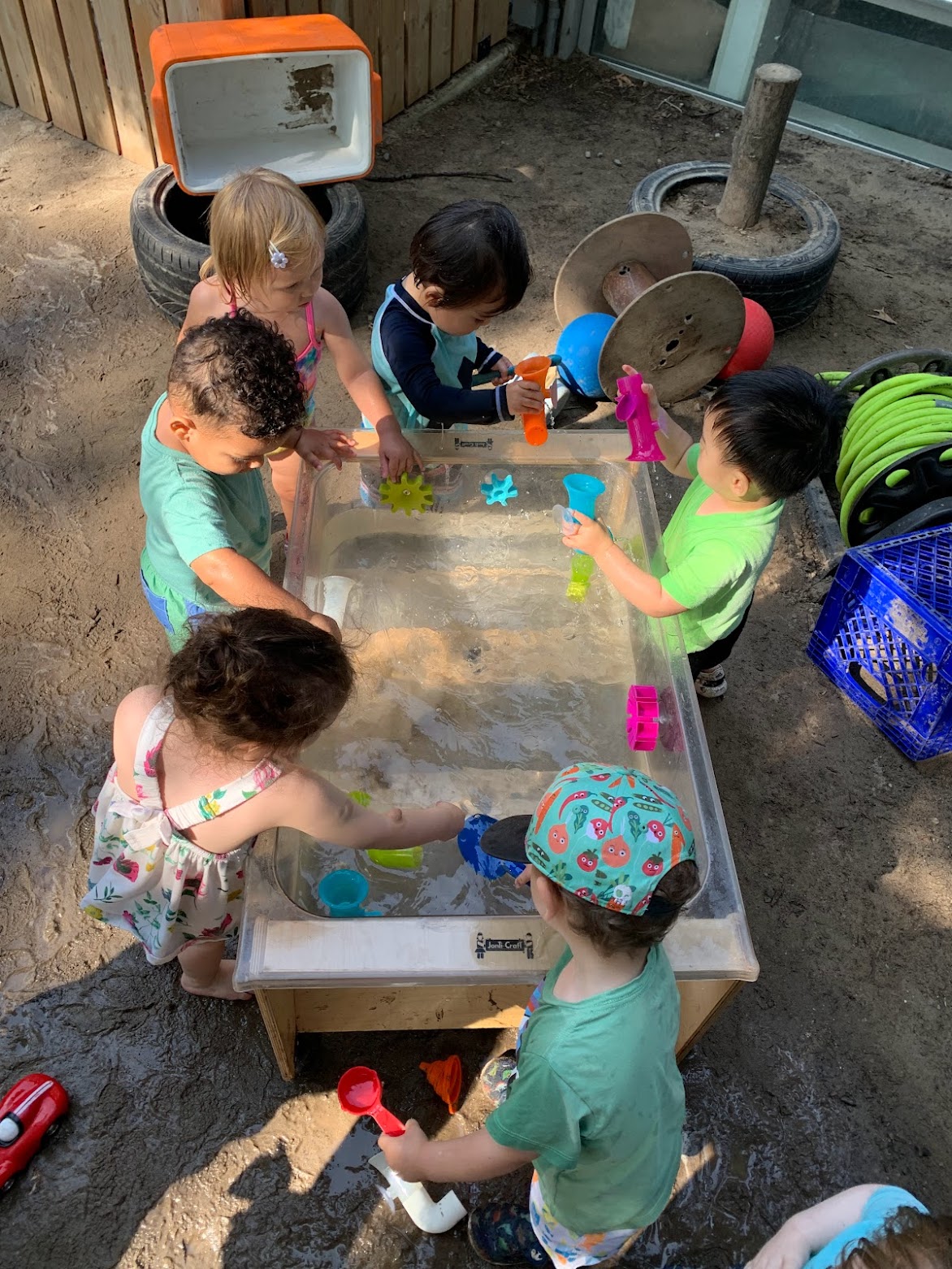
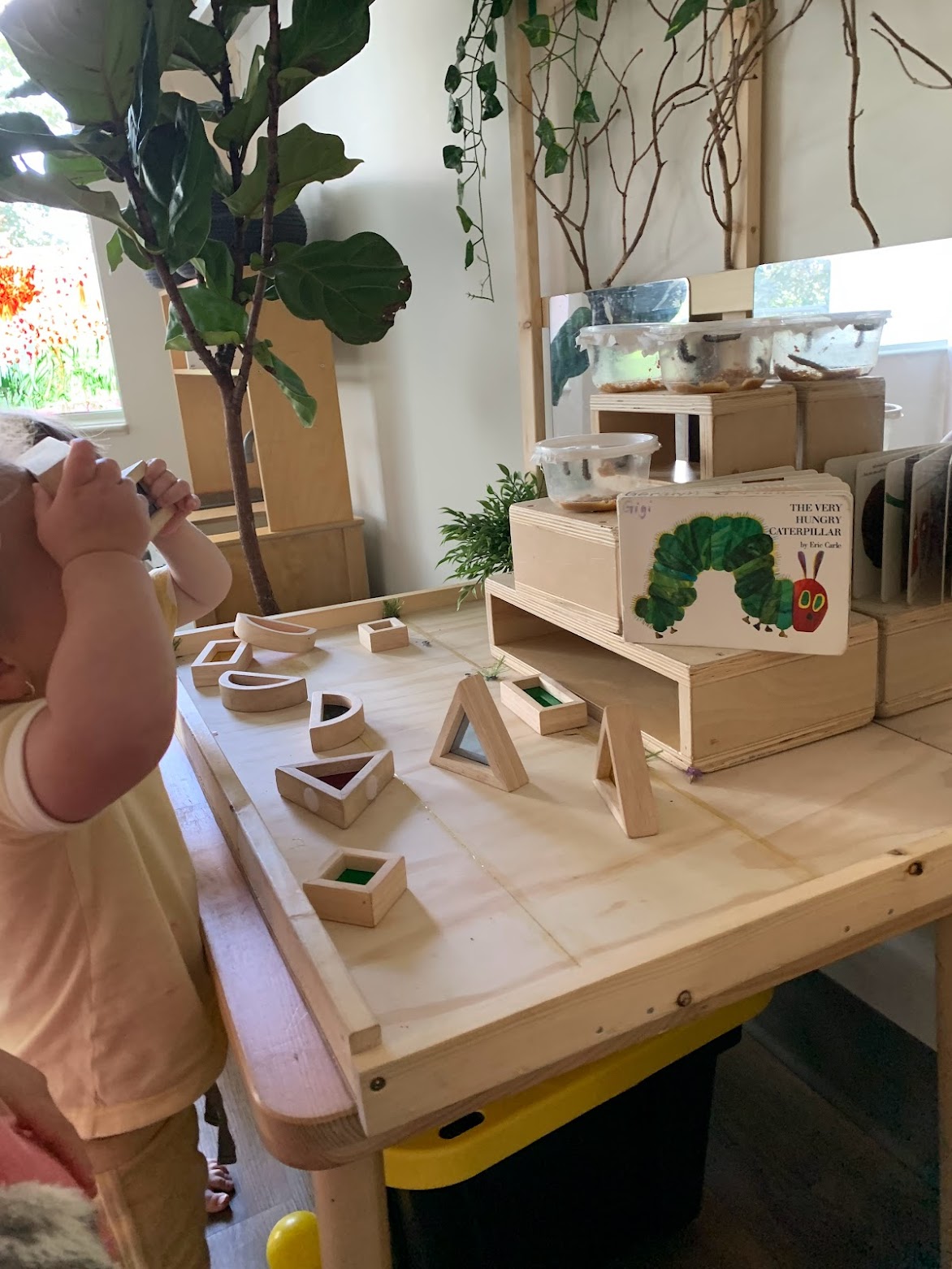
The role of our educators
We plan starting points for the children to explore and provide open-ended resources for their journey of exploration. We keep your child safe during the day and facilitate your child’s learning. We are there to help the children to slow down the process so that the little moments can be appreciated. Children are encouraged to try different solutions to solve problems, and not simply to settle on one path.
Our educators are lifelong learners
Ongoing learning is fundamental to providing quality childcare. We nurture this quality by building in design time weekly to collaborate with peers and to write up observations. We also give our educators the time for formal professional development—just like our children, we too need to keep learning.
Joshua and His Ball
Imagine you’re in the backyard with your son. He loses his ball under the deck. What do you do? As adults, we often rush to solve the problem.
The Reggio-inspired way
OBSERVATION: Our Educator stands back and observes, recognizing this as a teachable moment. Rather than solving Joshua’s problem, she deliberately allows him time and space to explore different solutions. She takes a few photos, makes some notes and asks open-ended questions to help guide Joshua to a solution.
PROBLEM-SOLVING: Left to his own devices, Joshua tries to retrieve his ball first by reaching under the deck with his arm. It is too short. Then he uses a stick to try to reach his ball. Again it is too short. Next, he decides to engage his friends and together they devise a way to retrieve the ball with a longer stick.
DOCUMENTATION & ONGOING LEARNING: Joshua’s teacher documents this learning by displaying the photographs in the classroom at eye level so Joshua and his friends can be reminded of the challenge and their success. This is consistent with the pedagogy supported by the Ministry of Education’s “How Does Learning Happen?”.
